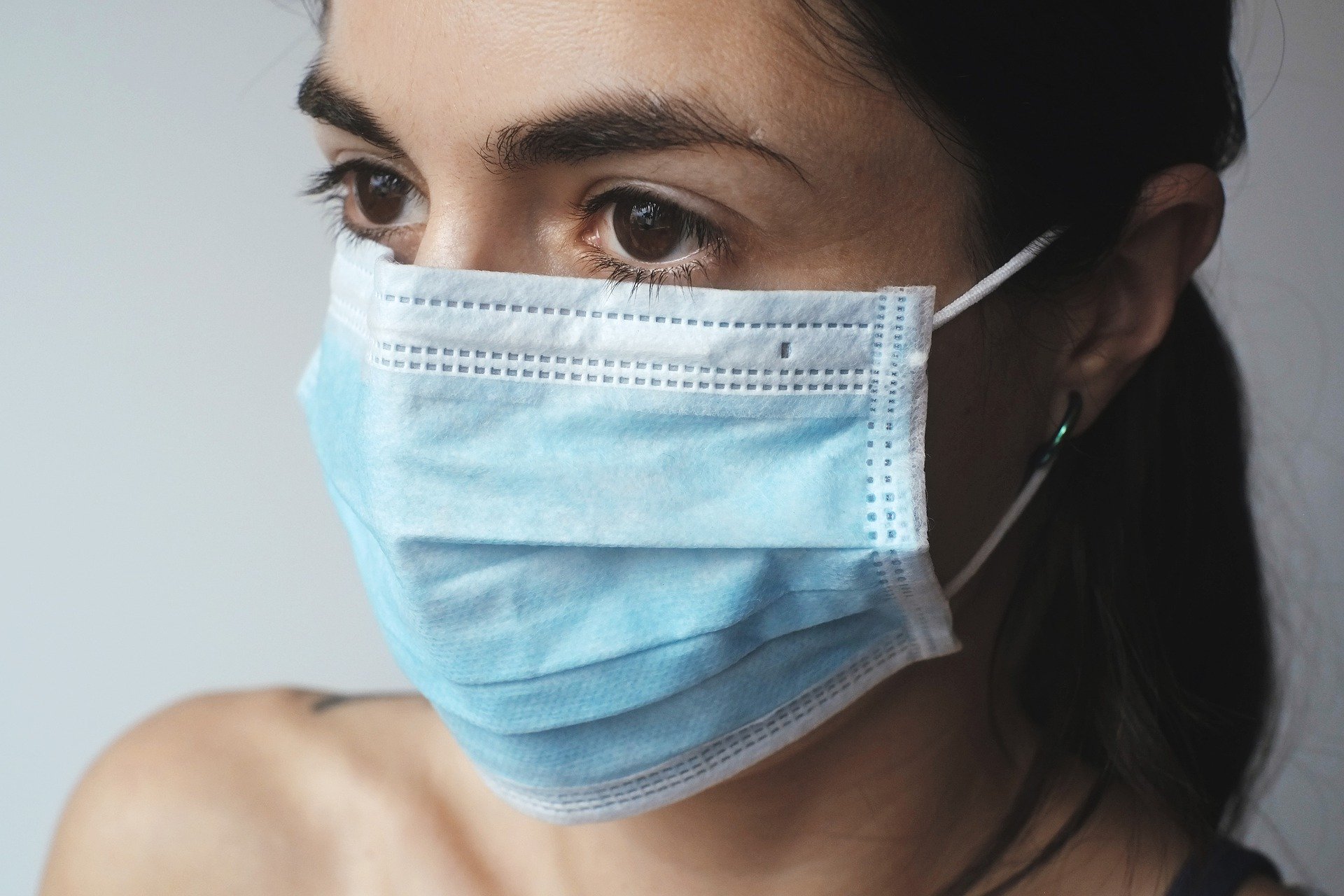It all starts with a mild cough, a runny nose, and a few days of exhaustion.Does this sound familiar? We tend to underestimate this well-known disease, despite the fact that if left untreated, it can lead to death even in the twenty-first century. And it does, though not very often. Every year, between 330 million and 1.5 billion people suffer from influenza and flu-like illnesses, with up to one million dying, according to the World Health Organization.
Did you know that the flu shares many symptoms with the common cold, with one exception: a high fever that can reach 39°C. Muscle and joint pain, headaches, a dry, paroxysmal cough, weakness, and a runny nose are also present. Less common symptoms include nausea, vomiting, diarrhea, and loss of appetite.
In addition to taking medications, rest is strongly advised because the flu usually passes within a week. Take this topic seriously because it can lead to complications such as myocarditis, meningitis, or multiple organ failure. That is why it is best to take precautions against the flu ahead of time. How? There are several easy ways to accomplish this.
Consider The Flu Vaccination For Both Children And Adults
According to data from the Centers for Disease Control and Prevention (CDC), the year 2022 in the US is a record year in terms of hospitalizations related to influenza, and at the same time there is a decrease in the number of vaccinations, by as much as 5 million compared to the previous year. By the first days of November, at least 1.6 million Americans had fallen ill with the flu, of which 13,000 were hospitalized and over 700 died. It’s only the beginning of the season, so the statistics are alarming. The more so that the peak season usually falls between December and January.
Meanwhile, there is an easy way to prevent the flu: vaccination. It reduces morbidity by up to 90% and prevents health-threatening complications. It is best to get vaccinated in the fall – about two weeks after the injection, an adult is adequately protected against influenza. Unfortunately, you need to get vaccinated every year because influenza viruses are still evolving.
Importantly, they can and should be vaccinated against the flu! – also children. Babies can be vaccinated from the age of 6 months.
Observe hygiene
Because the flu virus spreads through droplets, we can get it if a sick person sneezes or coughs in our presence, or if we talk to them and the microbes enter our respiratory system. When you touch something that has been touched by an infected person and then rub your eye, nose, or mouth with unwashed hands, you can „apply” the virus to yourself.
Of course, it’s difficult to control what we inhale (though there are ways to do so as well; more on that later), but we do have the ability to keep our hands away from our faces until we wash them. Hand hygiene is thus one of the most fundamental ways to avoid the flu. It is not enough, however, to simply splash water on your hands; you must thoroughly wash them with soap for at least 15-30 seconds.
Hygiene rules that are important for flu prevention also include:
- frequent airing of the rooms where we stay;
- regular exercise of sports that strengthens immunity (moderate intensity is best: cycling, running, walking, exercising in the gym, etc.);
- healthy sleep (at least 7 hours a day);
- keeping distance from people who have a cold;
- dressing appropriately for the weather conditions.
- Wear a mask
Wearing A Mask
We mentioned that we don’t always have control over what we breathe in. However, we can try to control it by wearing masks. This method, so well known by us since the coronavirus pandemic, protects against the penetration of microorganisms, as well as spreading them to others if we are sick ourselves. It is especially recommended when we are in large groups of people: on a crowded street, in a shop or on public transport.
What if we experience flu symptoms ourselves? First, see your doctor and take the prescribed medications. During the illness, it is recommended to rest and not leave the house so as not to spread the virus to other people. Let us remember that isolation during illness is the best way not to infect anyone.




